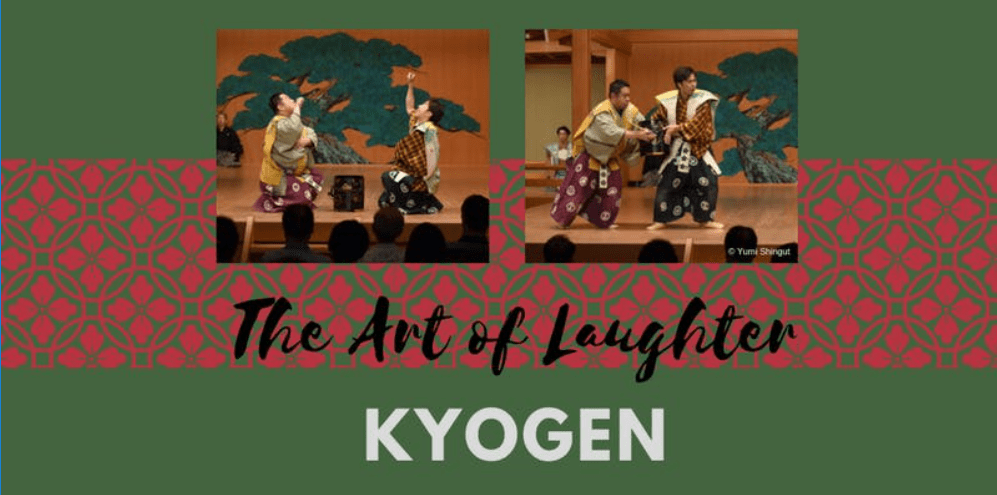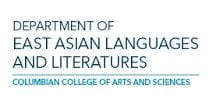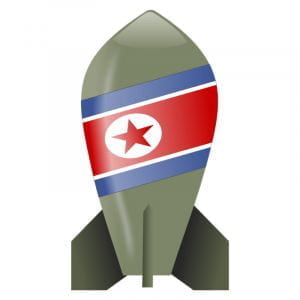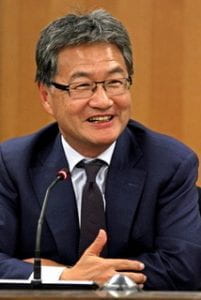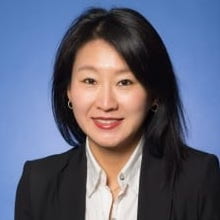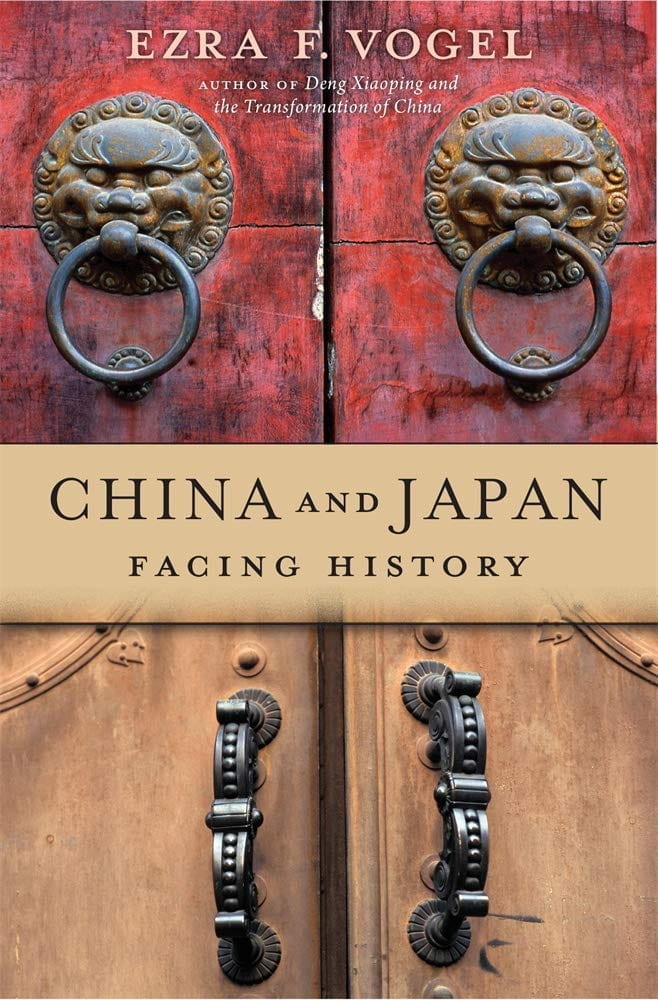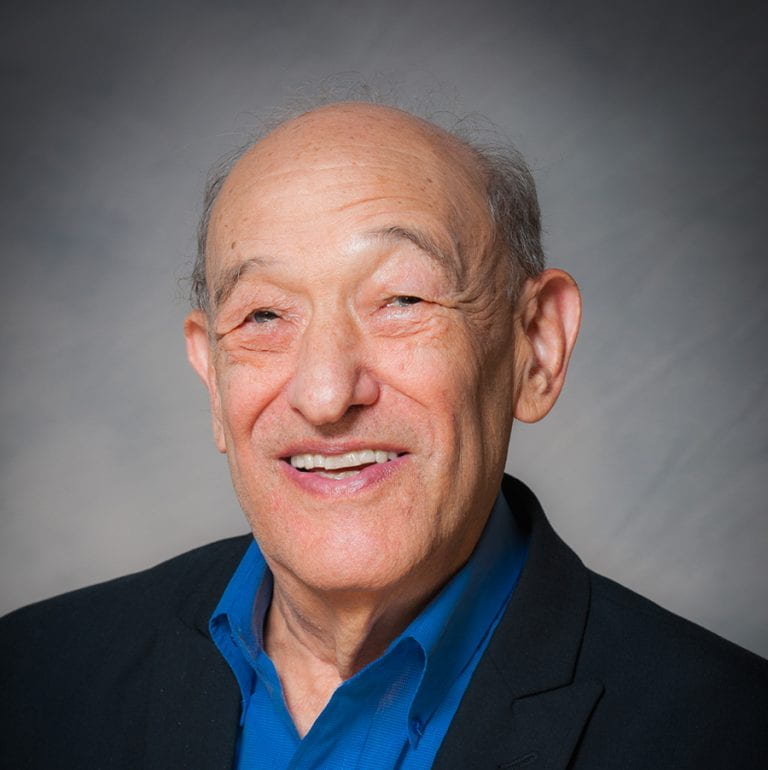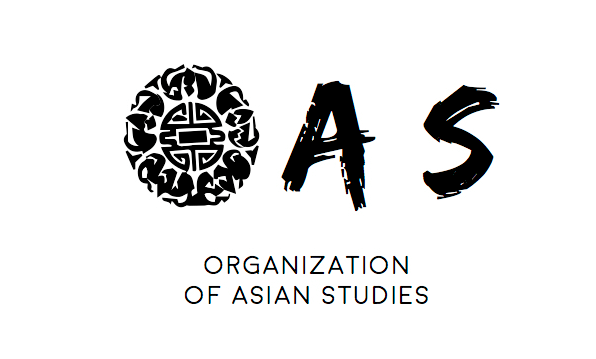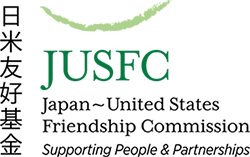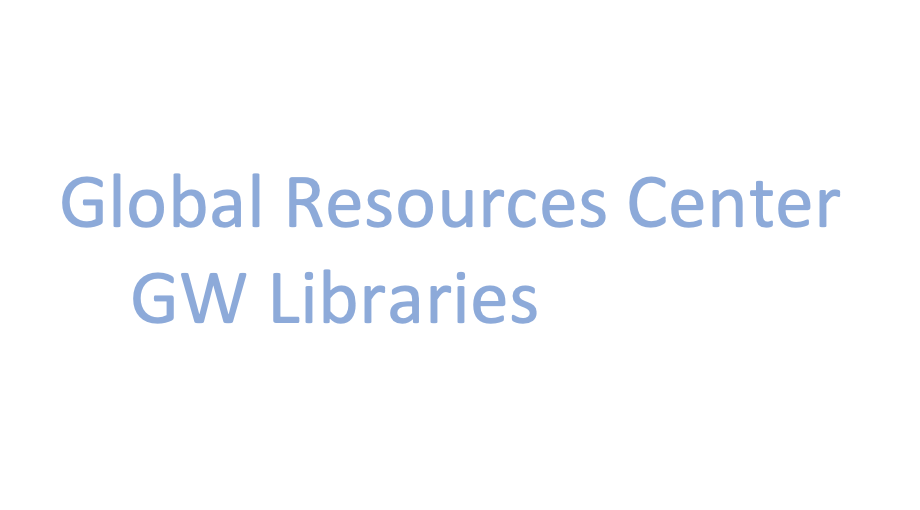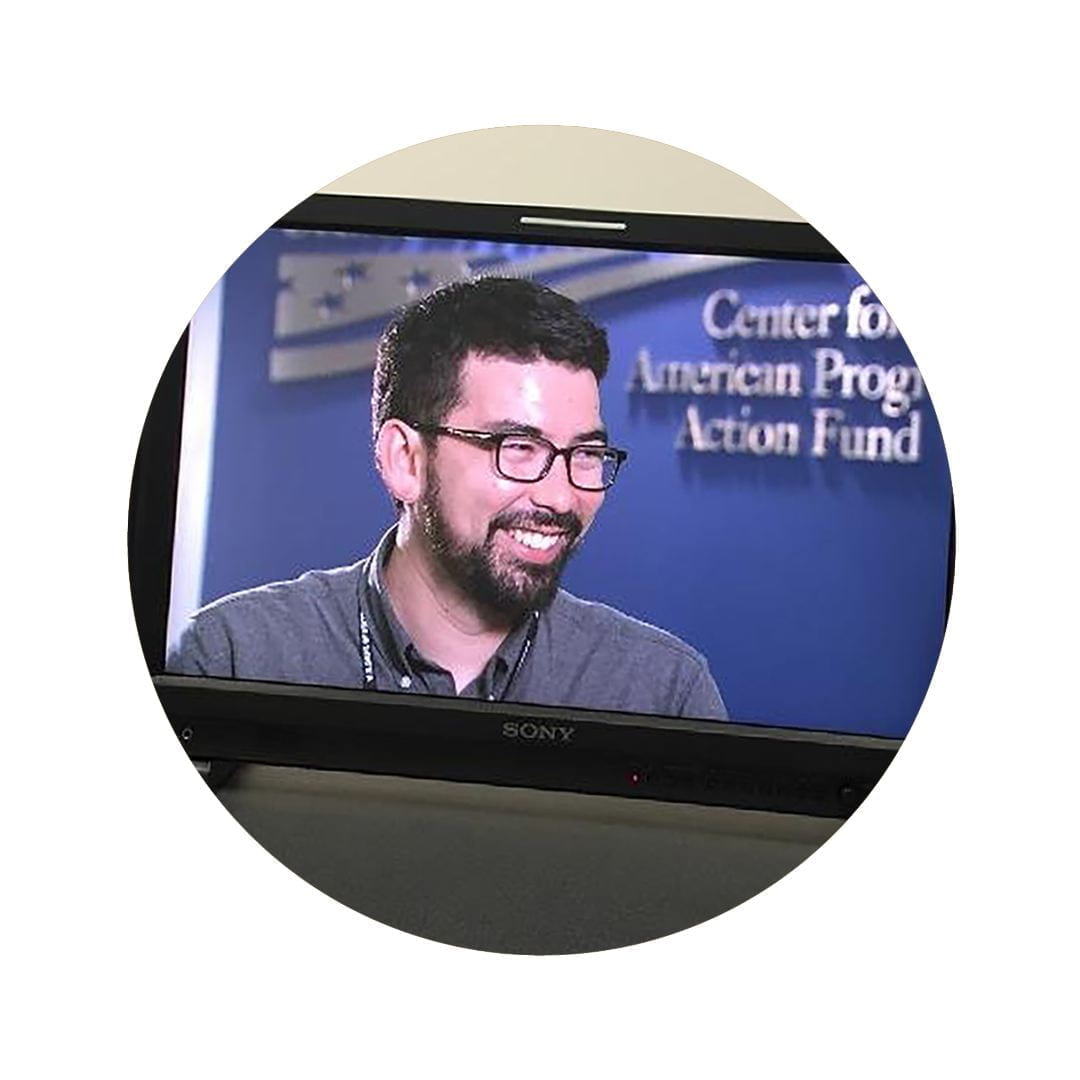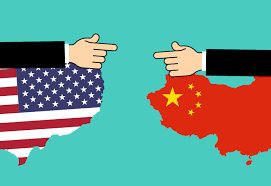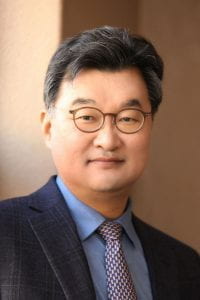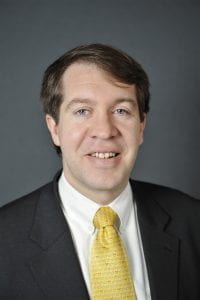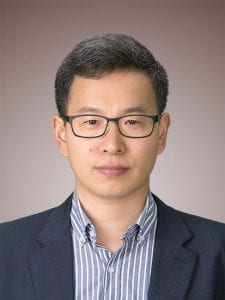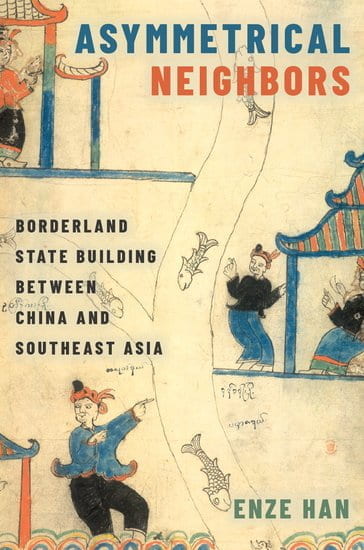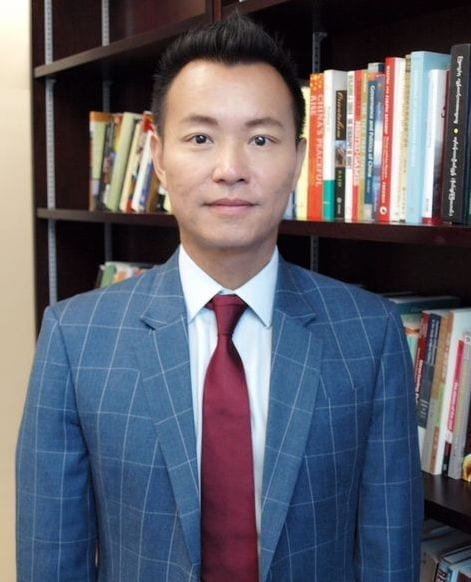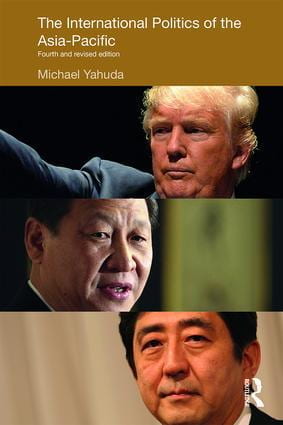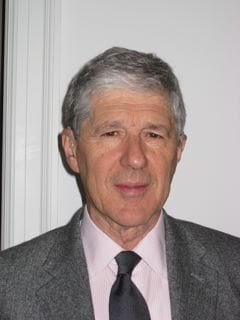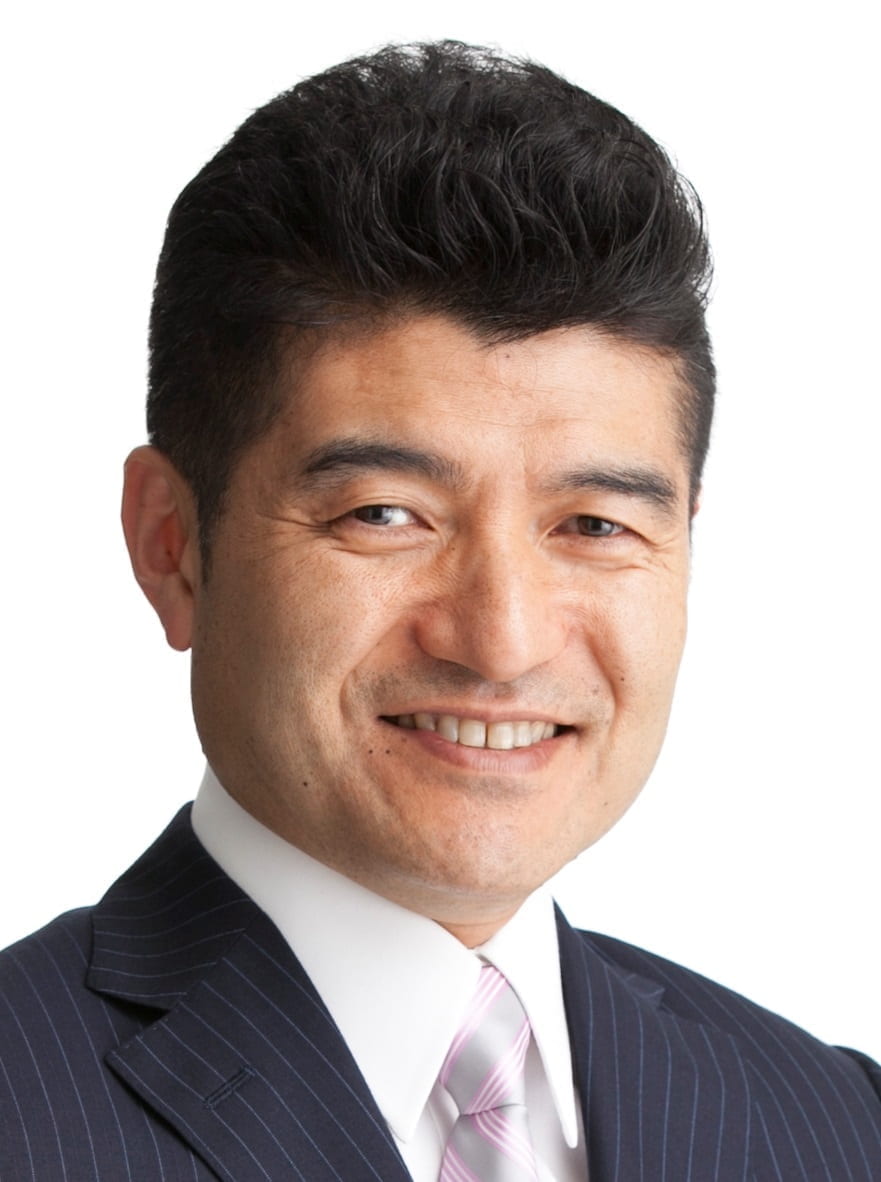
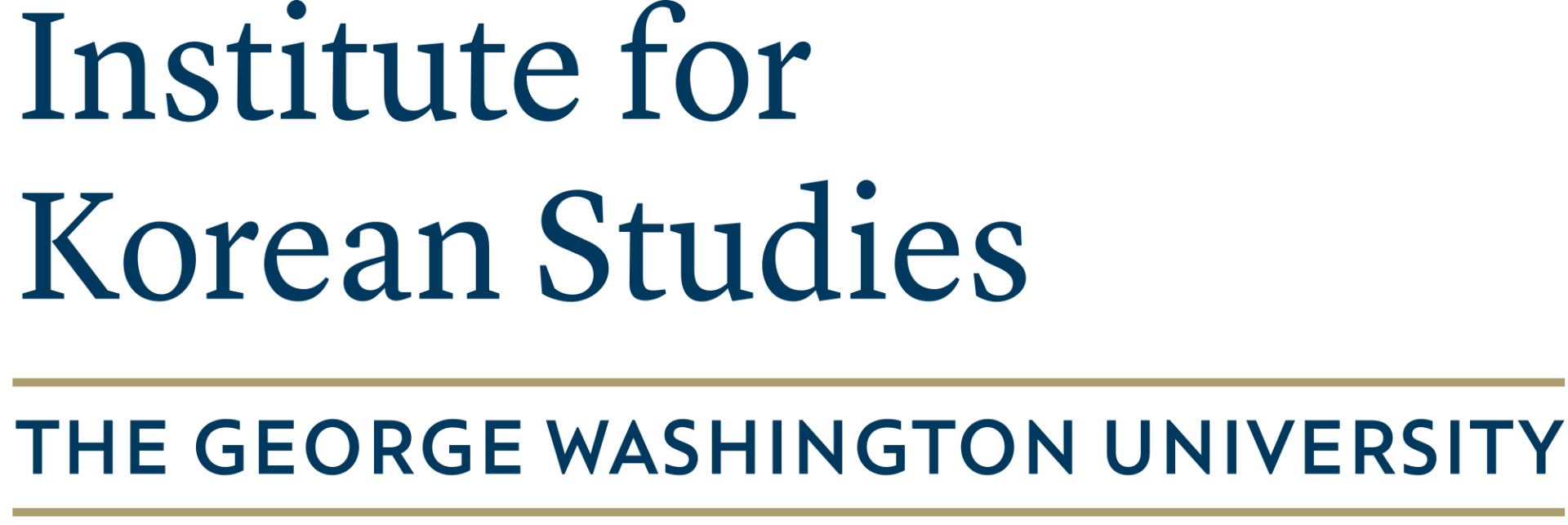
Korea Policy Forum
“Nuclear and Conventional Arms Control on the Korean Peninsula”

Event Description
Mindful of the uncertain circumstances of the Korean Peninsula, two experts from Korea National Defense University will talk on the past, present, and future of nuclear and conventional arms control of the Korean Peninsula. As a former negotiator with North Korea on arms control, Professor Yong-sup Han will share his experiences and share his views on the future of nuclear arms control focusing on verification issues. As an official member of National Security Advisory Board of the Republic of Korea President’s Office, Professor Youngjun Kim will present on the current status and the future of conventional arms control on the Korean Peninsula. Having deeply engaged in the national security policymaking of the ROK government, the two experts will share their insights and experiences and provide a great opportunity to understand the future of security on the Korean Peninsula.
Speakers
Professor Yong-sup Han
Vice President, Korea National Defense University
Professor Young-jun Kim
Professor, Korea National Defense University
Moderator
Yonho Kim
Associate Director, GW Institute for Korean Studies
Discussant
Joanna Spear
Associate Professor of International Affairs, George Washington University
Date & Time
Monday, November 4th, 2019
2:00 PM-4:00 PM
Location
Room 505
Elliott School of International Affairs
The George Washington University
1957 E Street, NW, Washington, DC 20052
Note: This event is open to the public and on the record.
Speakers
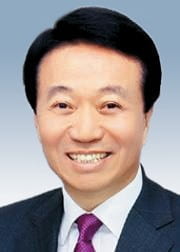
Professor Yong-sup Han is a Professor at the Korea National Defense University (KNDU). His vast academic experience includes serving as the President of Korea Nuclear Policy Society (2012-15), Vice President of KNDU (2010-12), Director General of Research Institute for National Security Affairs, KNDU (2005-08), and President of Korea Peace Research Association (2007-10). He was Visiting Fellow to the Norwegian Institute of International Affairs (NUPI); Visiting Professor of Fudan University in Shanghai China (2015.8-2016.2); Visiting Professor of China Foreign Affairs University (2009.1-2009.6); and Visiting Fellow to the U.S. RAND Corporation (1999-2000). He also served as Special Assistant to the South Korean Minister of National Defense (1993), and Senior Staff Member to the South-North Joint Nuclear Control Commission (1991-92). He earned his BA and MA in political science from Seoul National University (1978 and 1982), Masters in Public Policy from Harvard University (1987), and Ph.D. in Public Policy from the RAND Graduate School (1991).
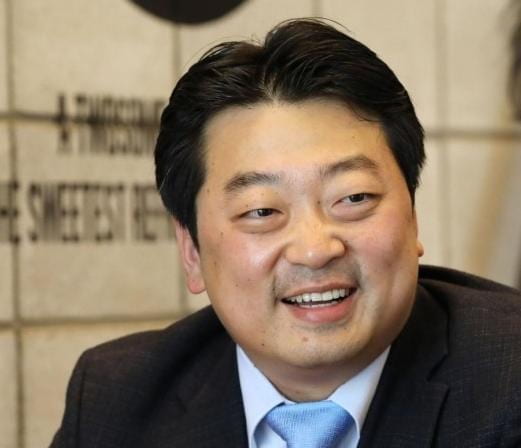
Professor Young-jun Kim is a Professor of the National Security College at the Korea National Defense University (KNDU). He is now a member of National Security Advisory Board for the Republic of Korea President’s Office (the Blue House). His recent publications include Origins of the North Korean Garrison State: People’s Army and the Korean War at Routledge (2017). At the Prime Minister’s Office, he is an official reviewer of the Government Performance Review on Ministry of Foreign Affairs and Ministry of Unification. He is a member of the ROK-US Combined Forces Commander’s Strategic Shaping Board (CSSB). He is Senior Research Fellow at the U.S. Army’s Foreign Military Studies Office (FMSO) at Fort Leavenworth. He is a policy advisor on North Korean issues for the National Security Office of the ROK President’s Office, the National Assembly, Ministry of Foreign Affairs (MOFA), Ministry of National Defense (MND), Ministry of Unification, National Intelligence Service, the Joint Chief of Staff and the ROK-US Combined Forces Command. He is a managing editor of the new journal “The Korean Journal of Nuclear Nonproliferation and Energy” sponsored by the Ministry of Foreign Affairs and the General-Director for the Korea Nuclear Policy Society, Korea International Studies Association and Korea Defense Policy Association.
Discussant

Joanna Spear is an Associate Professor of International Affairs and Director of the FAO Regional Sustainment Initiative. She previously was the Director of the Elliott School’s Security Policy Studies Program and the Founding Director of the National Security Studies Program, an executive education program serving the needs of the U.S. Department of Defense and other federal agencies. Dr. Spear is also an Associate Fellow at Chatham House in London. Before joining GW, Dr. Spear was Director of the Graduate Research Programme and a Senior Lecturer at the Department of War Studies, King’s College, London. In addition, she was a Post-Doctoral Research Fellow at Harvard’s Belfer Center for Science and International Affairs and a Visiting Scholar at the Brookings Institution.
Moderator
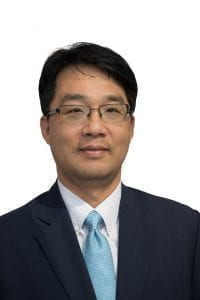
Yonho Kim is Associate Research Professor of Practice and Associate Director of GW Institute for Korean Studies. He specializes in North Korea’s mobile telecommunications and U.S. policy towards North Korea. Kim is the author of North Korea’s Mobile Telecommunications and Private Transportation Services in the Kim Jong-un Era (2019) and Cell Phones in North Korea: Has North Korea Entered the Telecommunications Revolution? (2014). His research findings were covered by various media outlets, including Wall Street Journal, The Atlantic, Yonhap News, and Libération. Prior to joining GWIKS, he extensively interacted with the Washington policy circle on the Korean peninsula as Senior Researcher of the U.S.-Korea Institute at Johns Hopkins University School of Advanced International Studies, Senior Reporter for Voice of America’s Korean Service, and Assistant Director of the Atlantic Council’s Program on Korea in Transition. He holds a B.A. and M.A. in International Relations from Seoul National University, and an M.A. in International Relations and International Economics from Johns Hopkins University School of Advanced International Studies.
